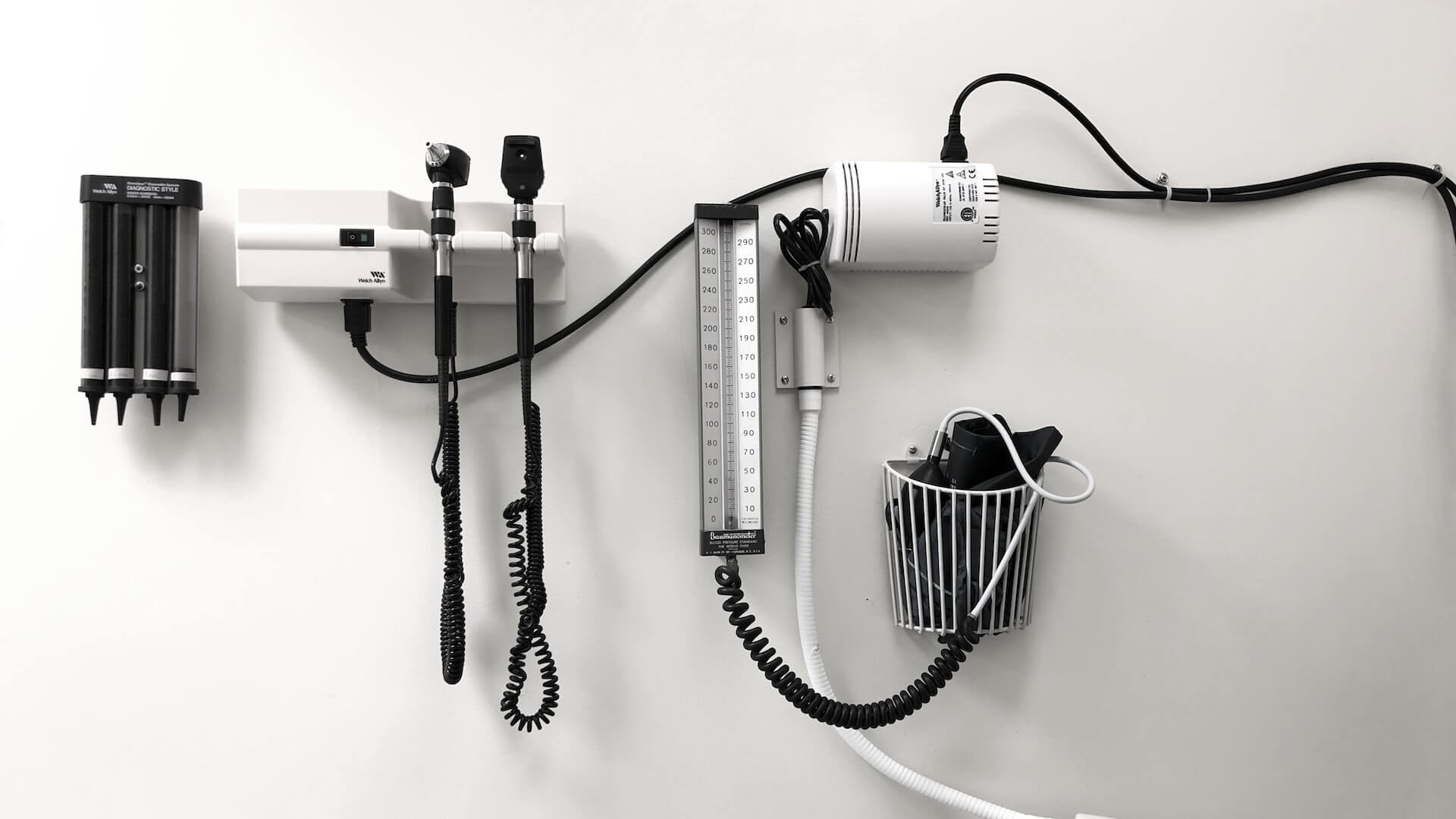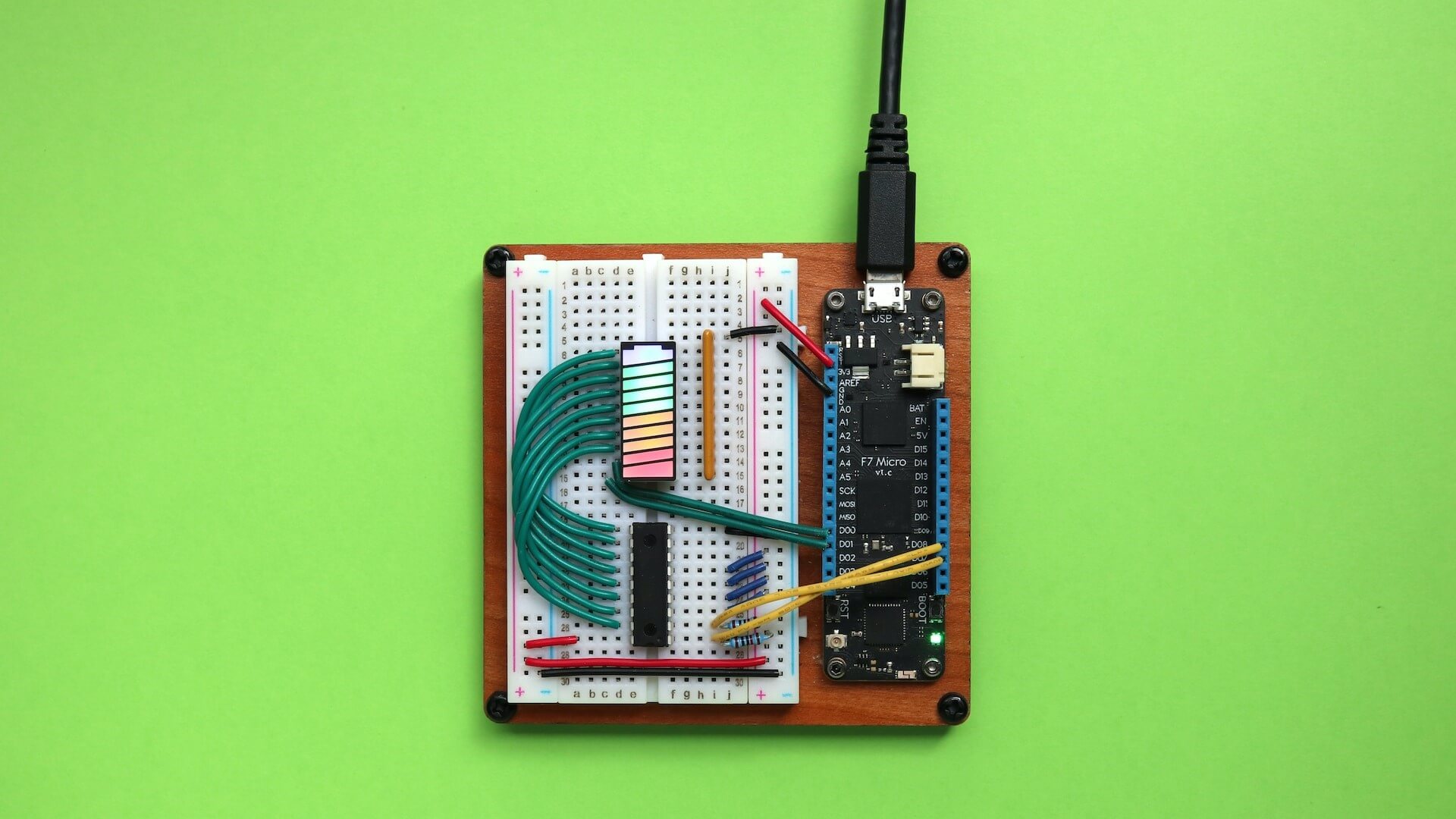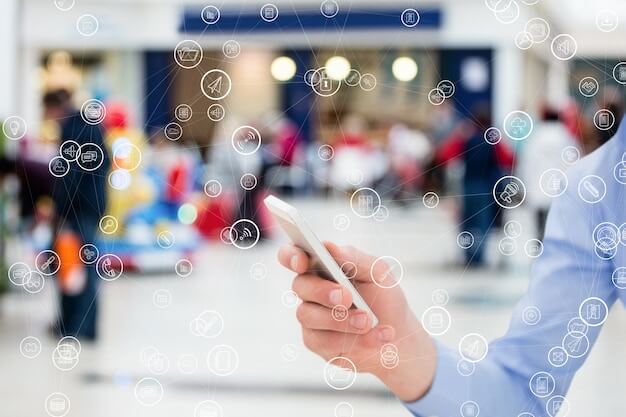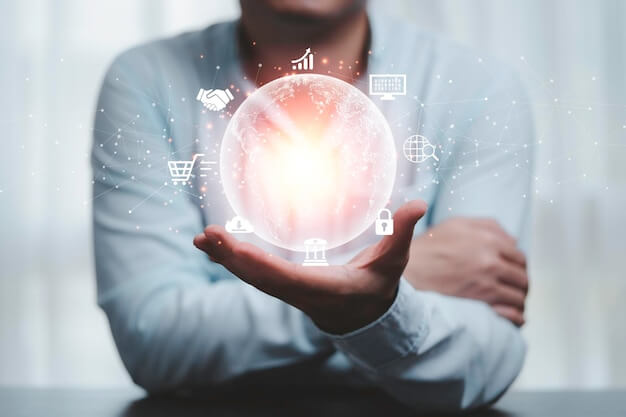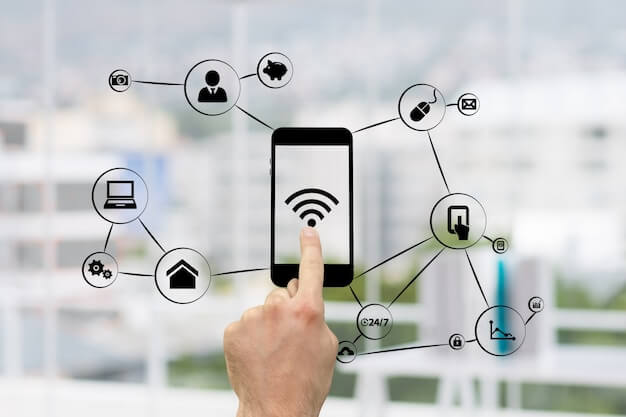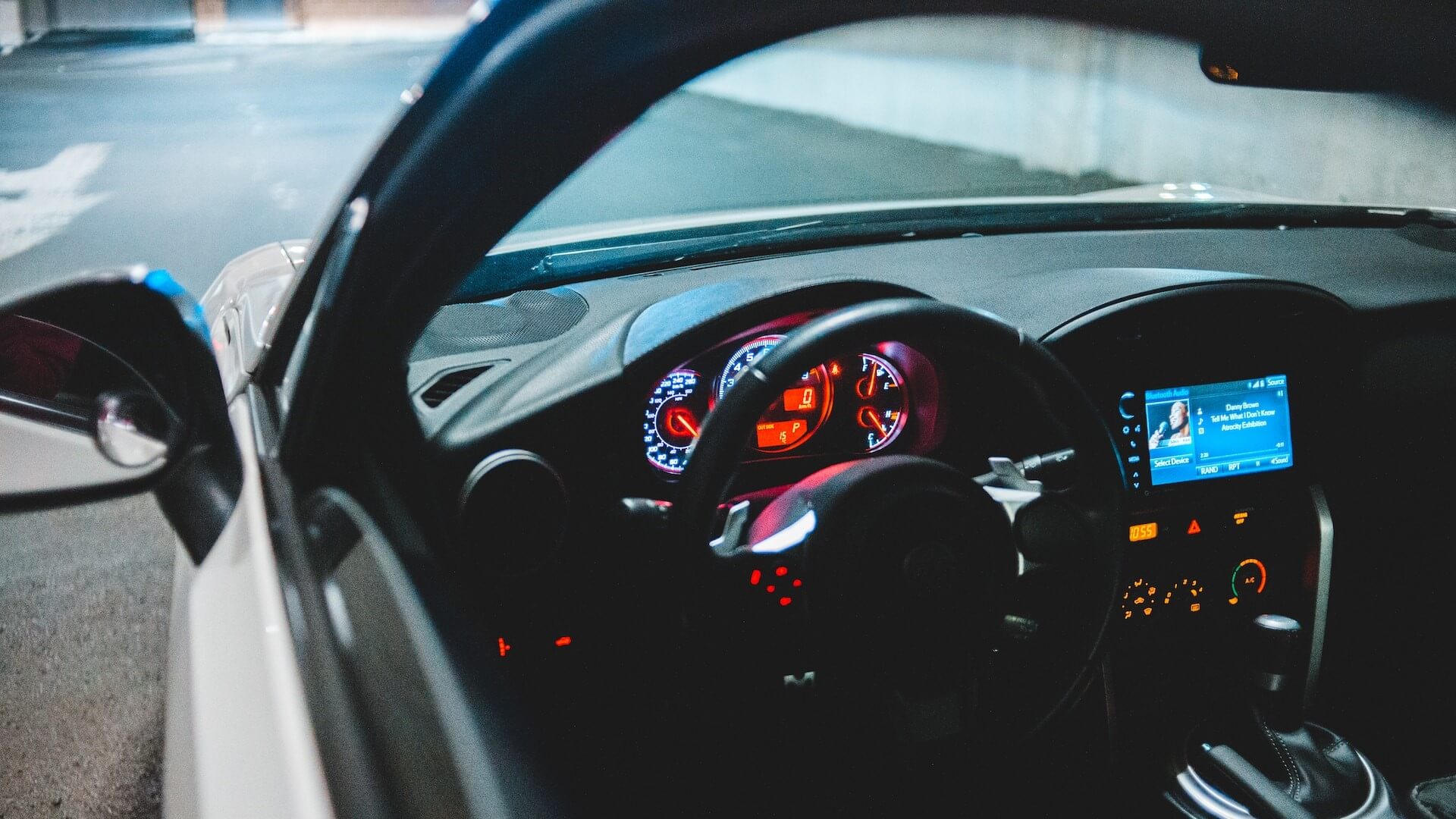Since e-commerce operators have used big data to predict and recommend products, where can the Internet of Things play a role?
IoT
From robotic arms that aid in surgery to wearable or ingestible sensors that pair with smartphones to monitor health, the market for connected medical devices is expanding.
The urgent need for data for enterprises that are reshaping their platforms for the digital age has spurred a proliferation of IoT implementations across multiple industries, including industrial manufacturing, agriculture and retail.
In commercial buildings, IoT devices are often any device used to manage facilities or improve operational efficiency and productivity, including smart sensors, smart locks, smart thermostats, smart HVAC, smart lighting and smart security.
Equipment networking is an important part of digitalization. Today, we can conclude that the future market opportunities for non network connected devices will only become less and less. We have talked about digital transformation and the Internet of Things for a long time, but it is estimated that we may not realize the full extent of this change in another decade.
When planning to sell related products, one of the first things to consider is your Internet of Things business model. Let's discuss the most effective business model type of the Internet of Things, and which business model is suitable for you?
The Internet of Things is an extension of the Internet, which aims to make everything connected. Since it is an extension of the Internet, let's start with the Internet we are familiar with. What we usually call the Internet is actually a huge network that connects all computers together. As long as the equipment connected to the Internet can exchange information with each other.
The application of IoT technology in the self-storage space seems never-ending and is quickly breathing new life into otherwise stagnant operational technology.
The latest addition to the Siemens Xcelerator portfolio, the Connect Box offers a user-friendly way to monitor building performance with promising energy efficiency optimization of up to 30 percent, dramatically improving indoor air quality in small to medium-sized buildings such as schools, retail stores, apartments or small offices.
It is almost certain that the rise of self-driving cars will usher in an era of carpooling for all, meaning that the immediate need for cars will decline and fewer people will need (or want) to own them.


